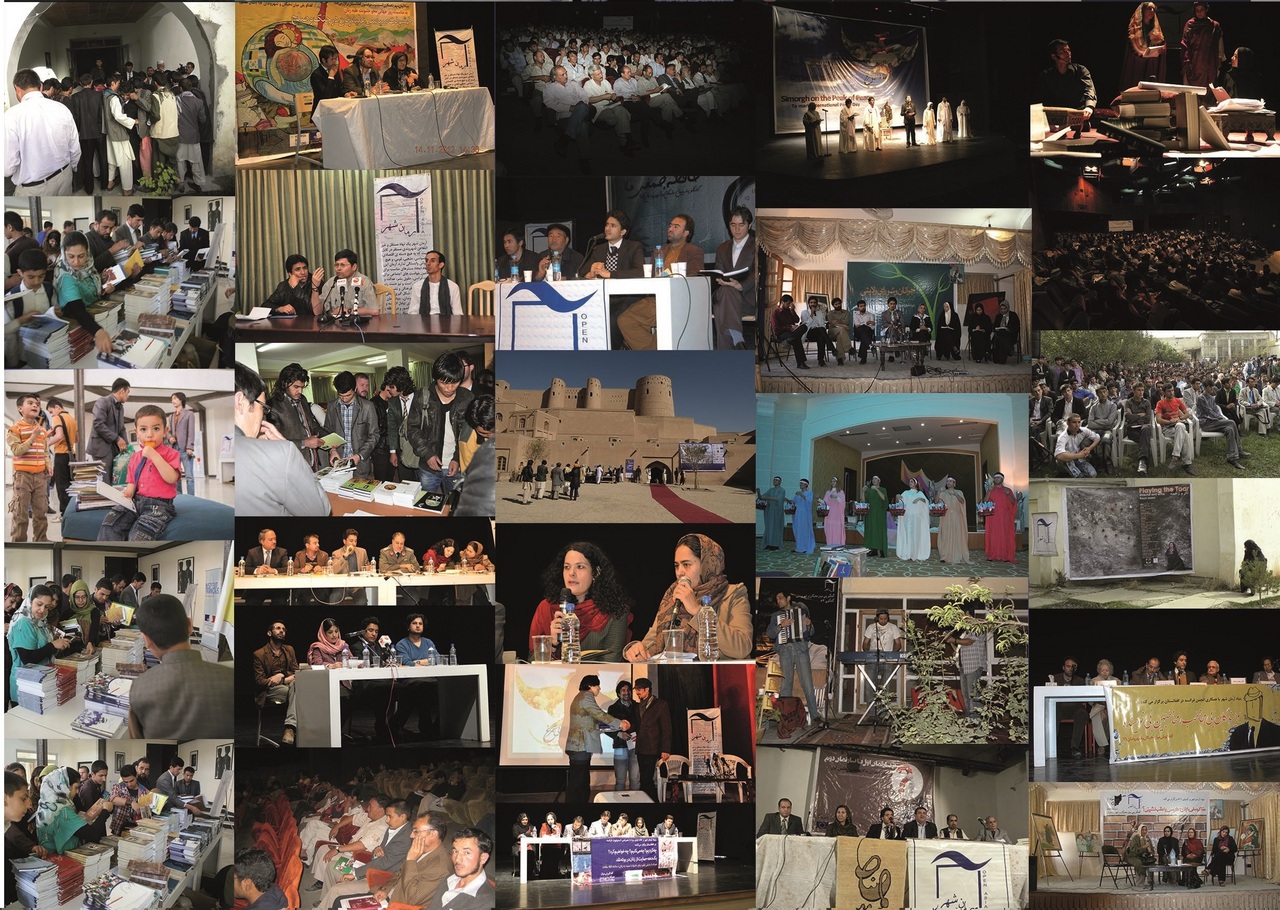One of the components of the democratic societies is the establishment of a public domain, where individuals enter an unconditionally free discussion over public interests. This provides a possibility to hear the various opinions, raise consciousness and bring about active participation of the individuals in running the society. It also undermines the despotic structure prevailing in transitional societies, where the relationship of the citizens with the state is from top to bottom.
In consideration of the political, social, economic and cultural conditions in Afghanistan, one of the ways to help the civil society, support democratic trends, and create the ground for respecting human rights and basic freedoms is to establish a climate of discussion and exchange of ideas. This will both lead to exchange of ideas among the various social groups and give the elite and the citizens the chance to be heard.
Thus, Armanshahr has organised a series of free monthly discussions on various topics in Kabul, Herat, Mezar Sharif and Fayzabad since 2006, which attracted civil society institutions, the academia, the media, and the citizens. To promote reading, Armanshahr has produced pamphlets and books containing the presentations at those meetings or other discussions on topics discussed in the meetings. We have not taken a project-based approach and refused to stop those meetings even under the most difficult financial conditions.
Intertwined concepts in various areas have been discussed in the hitherto 146 Goftegu meetings. These meetings with more than 300 speakers have attracted more than 30,000 people and have been concerned with human rights (Human rights in deadlock in Afghanistan; Defending human rights and women’s rights defenders against repression and arbitrary exercise of power by state and armed opposition groups), literature with emphasis on quest for freedom (Poetry is a means of struggle; social role of literature …), social issues (Task of the next government in the face of monster of illiteracy), transitional justice (What does transitional justice mean to Afghans?; Challenges linked to access to justice for Afghan citizens under the age of 18), social justice (Political system and social justice), culture and arts (History recorded – Afghanistan through Steve McCurrey’s lenses; Close-up of a Dream; From the fairy of arts to the monster of war; The Volatility of National Music in Afghanistan), economy (free market, regional corporations), civil society (The London conference in absence of Afghanistan’s civil society?), freedom of expression and thought (Freedom of expression and the impact of social networks), young people (Who carries the torch of knowledge?; Elections and young people’s red line), women (Women’s political participation and safeguarding achievements; Elections and rural women), peace (Women debate peace; Who are protectors of a sustainable peace?), politics (The Message of the People of Afghanistan to BONN II; Political Violence against Women in War and Peace; Parliamentary candidates and the citizens; Where do people of Afghanistan stand in Obama Administration’s policy?), children and teenagers (Commemorating International Book and Children’s Book Days). Most participants of the meetings were academics, specialists, representatives of government organisations, journalists, teachers, civil society activists, writers and citizens. Hundreds of copies of books have been distributed gratis in each of the meetings. Around 200 audio, visual and print media have covered the meetings.


